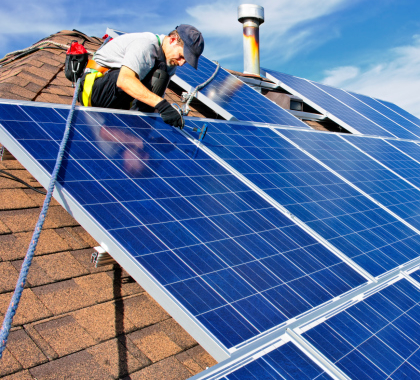Editor’s Note: California state Sen. Ted Gaines (R–El Dorado Hills) served in the state Assembly from 2006 to 2011 before joining the Senate, where he still serves. Gaines is vice chair of the Senate Insurance and Environmental Quality Committees. He is also a member of the Transportation and Housing and Governmental Organization Committees.
Burnett: In 2017 the California legislature passed a new, permanent gas tax increase, raised vehicle registration fees, and increased the fee to record real estate transactions. Did you support these measures? Why or why not?
Gaines: The California legislature is relentless in piling on taxes and making our state increasingly unlivable for businesses and hardworking working families. The gas tax added an additional $0.12 per gallon of gasoline and $0.20 per gallon of diesel. The annual vehicle registration fees increased by as much as $175 per vehicle, and a new “recording fee” of $75 to $225 was added to all real estate transactions.
I did not support these measures. California taxpayers are getting nickeled and dimed at every turn, and I’m working tirelessly to advocate on their behalf.
Burnett: California is one of a very few states with a cap-and-trade program to limit carbon dioxide emissions. What do you believe its impact has been on energy prices, the poor, and businesses?
Gaines: The cap-and-trade program is a bait-and-switch. Gov. Brown talks about cap-and-trade “benefits” we never verify and jobs we never see. What we do see are electricity rates that are 50 percent higher than the national average and a million California households living in energy poverty and struggling to get by because we push power prices up beyond affordability.
The cap-and-trade extension could add another $0.73 cents to every gallon of gas. While the rest of the country is paying $2 a gallon for gas, in California we are going to be paying a dollar and a half a gallon just in taxes and climate fees.
Cap-and-trade is really just a big fat energy tax. Californians will have to use less but pay more for it. That is a rotten deal for families and businesses.
Burnett: Another novel policy recently imposed in California is a mandate that all new homes built in the state have solar panels installed. What are your thoughts on this policy?
Gaines: California is suffering from a housing affordability crisis, and here we are adding ridiculous mandates that will unnecessarily drive up the cost of homes by tens of thousands of dollars. The decision to add solar panels should be left to the home buyer, based on its economic feasibility.
According to the National Association of Home Builders, for every $1,000 increase in the median cost of a home, you price 17,500 people out of the market in qualifying for a home loan. This is a regressive policy that hurts the struggling middle class pursuing the American dream of homeownership.
H. Sterling Burnett, Ph.D. ([email protected]) is a research fellow at The Heartland Institute.
Official Connections:
State Sen. Ted Gaines (R–El Dorado Hills): http://www.tedgaines.com/; http://www.tedgaines.com/contact





